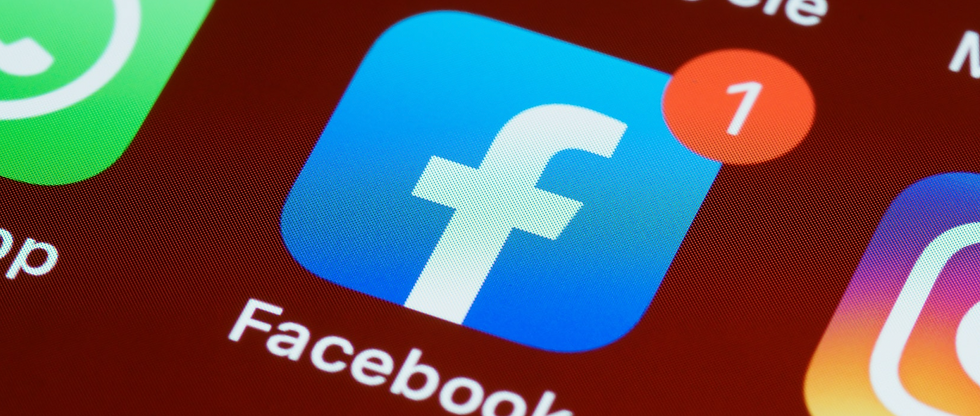The Dangers of Mobile Phone Usage in Canada
Johnny Ly
5min read
Mar 17, 2022

Brief summary
As mobile technologies become further integrated into Canadian society, guidelines and policies that govern mobile laws must be reassessed to limit potential surveillance and protect citizen privacy. The main purpose of this policy brief is to analyze the ethical concerns surrounding the usage of mobile data for national health emergencies and to offer recommendations to the Office of the Privacy Commissioner of Canada (OPC) to prevent mobile surveillance.
The dangers of smartphone usage
The advancement of telephone and smartphone technology has created endless possibilities for information to be disseminated in modern society. Despite being innovative and groundbreaking, we must take into consideration the inherently pervasive nature of such highly personalized technology. According to a Global News article, Prime Minister Justin Trudeau had the option of utilizing “location data from Canadians’ phones to track cases of the novel coronavirus" in March 2020. This option effectively transforms all smartphones into public surveillance devices; a reality that can be terrifying for many Canadians. Although this has yet to be carried out, Prime Minister Trudeau noted that this is not completely off the table when considering the safety of Canadians.

Justin Trudeau speaking in a News Conference. Ottawa, ON, Canada. 2021. Getty Images
"As I've said, all options are on the table to do what is necessary to keep Canadians safe in these exceptional times."
This raises the question—are Canadians truly being protected if they are forced to hand over highly sensitive information? How can Canadians be sure that their information will only be used solely for the purpose of protecting public health? This method comes at a risky cost, and as previously stated by the Department of Justice Canada, invasion of privacy is much higher when it comes to handling mobile smartphone data. Yet, over 30 million Canadians who are at risk have virtually no say in the matter despite this practice being a clear violation of data and privacy laws. The OPC issued a response framework to the coronavirus pandemic stating that the “current health crisis calls for a flexible and contextual application of privacy laws” and “certain measures that would otherwise not be reasonable may be justified under the circumstances to protect the health of Canadians”. The statement made by the OPC reveals that mobile surveillance in Canada could be a real possibility and executed under specific circumstances to protect Canadians.
What options do Canadians have?
In this case, what policies can be implemented to give Canadian citizens security over their personal data and protect themselves from unwanted privacy invasions? The answer lies with the Office of the Privacy Commissioner of Canada. The protection of user data must be enforced by the OPC to prevent the possibility of unwanted, harmful activity from occuring. As found in Section 8 of the Canadian Charter of Rights and Freedoms, it states that “everyone has the right to be secure against unreasonable search or seizure” and this includes private mobile data. Therefore, the OPC must not only claim responsibility for regulating any exploitive mobile activities, they must also create a fair and just framework that facilitates the handling of sensitive mobile data.
Two key components that must exist in this framework include: permission and transparency. For instance, during national emergencies like the COVID-19 pandemic, social media platforms and the Government of Canada must gain permission from Canadians before accessing their mobile data. This can be sent in the form of an emergency text. The text must include a brief and clear explanation of why the data is being requested, what data will be accessed if permission is granted, as well as a simple 'YES' to accept or 'NO' to decline option. The OPC's role is to facilitate this process and collect e-signatures following their decision to cooperate. This process will give Canadians peace of mind in situations where data was accessed without authorization or utilized in an unethical manner.
All in all, the simple act of giving Canadian citizens autonomy and full transparency over their own private data is a basic human right. In return, this can encourage Canadians to cooperate in exceptional times while helping to instil greater trust in the government. For now, Canadian smartphone users will have no choice but to accept potentially pervasive third-party requests for data simply to access certain features and everyday apps on their smartphones.